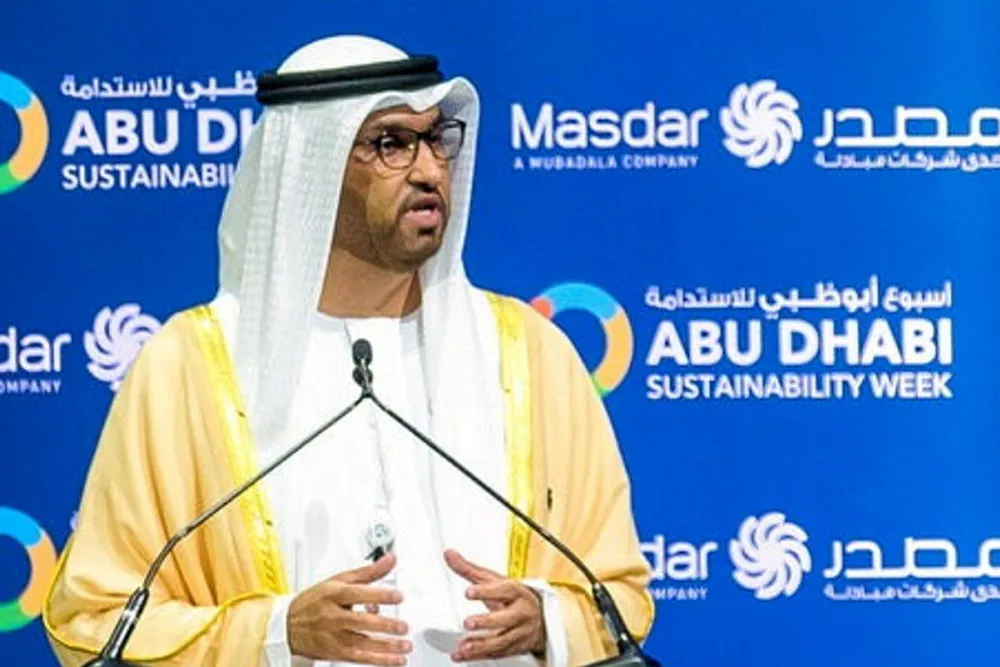Adnoc signs agreements worth $204m with multiple international engineering contractors
Framework deals signed by Adnoc during the second phase of its engineering awards, with the first phase awarded earlier this year

Framework deals signed by Adnoc during the second phase of its engineering awards, with the first phase awarded earlier this year
